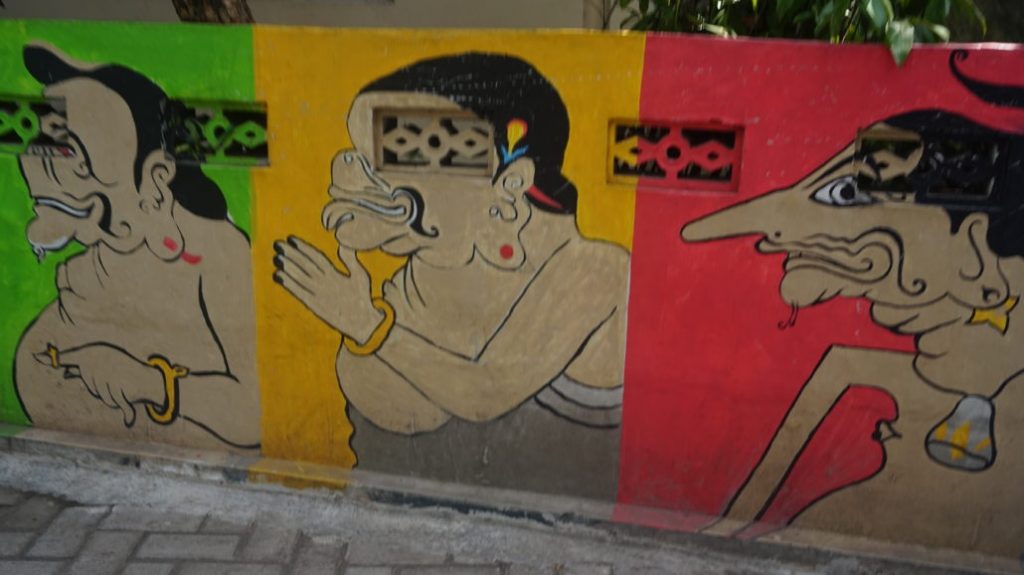Social-psychological conflict paradigms argue that rational and structural conflict paradigms are not sufficient to explain the intensity and perpetuation of protracted violent conflict. Further, rational/structural approaches to conflict are unlikely to garner the support of conflicting populations for peace processes.
For example signing peace agreements and efforts to implement agreed terms, such as the division of resources and the building of equitable institutions, are unlikely to shift the psychological and emotional obstacles to peace that have developed within conflicting communities over time. Such obstacles to peace require social-psychological approaches to peacebuilding aimed at shifting negative emotions and opening ‘psychological space’ for communities to redress their hostile beliefs/attitudes, begin building positive inter-communal relationships and imagine a cooperative future.
The limited consideration of such obstacles to peace in comparison to objective conflict factors highlights a need to investigate tools that can be utilized to address social psychological contributors to conflict. Two such tools are religion and the arts. examines the potential of the arts and religion to successfully promoted an increased tolerance and appreciation of other cultures in participating children and a greater tolerance toward the practice of local arts amongst participating Muslim communities.

